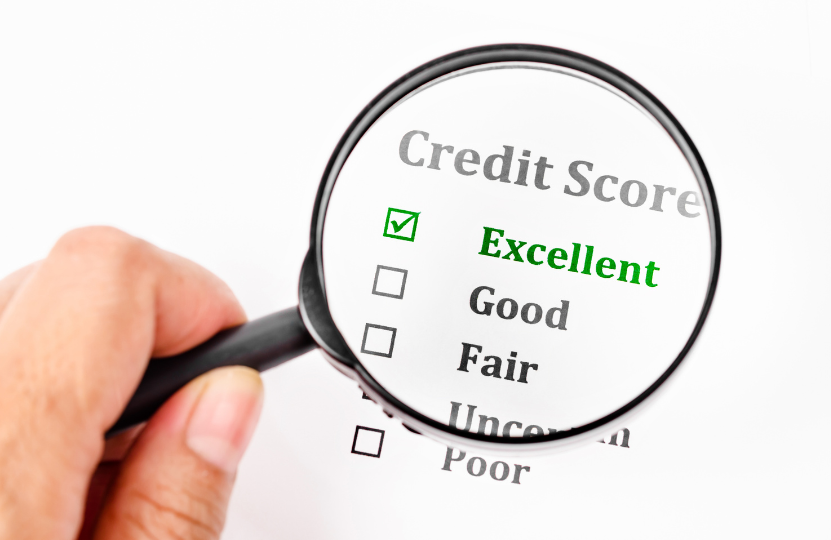How to Build and Maintain a Good Credit Score
A good credit score is crucial for obtaining favorable terms on loans, credit cards, and other financial products. Building and maintaining a good credit score requires responsible financial habits and consistent monitoring. Here’s how you can build and maintain a good credit score.

1. Understand Credit Score Basics:
- Familiarize yourself with how credit scores are calculated and what factors influence them, such as payment history, credit utilization, length of credit history, credit mix, and new credit inquiries.
2. Establish Credit Responsibly:
- If you don't have a credit history, start by opening a secured credit card or becoming an authorized user on someone else's credit card account.
- Make small purchases and pay off the balance in full each month to demonstrate responsible credit use.
3. Pay Bills on Time:
- Pay all bills, including credit card bills, loans, and utilities, on time.
- Late payments can significantly impact your credit score and may stay on your credit report for up to seven years.
4. Keep Credit Card Balances Low:
- Aim to keep your credit card balances well below your credit limits.
- High credit utilization can negatively affect your credit score, so avoid maxing out your credit cards.
5. Monitor Your Credit Report Regularly:
- Check your credit report from each of the major credit bureaus (Equifax, Experian, and TransUnion) at least once a year.
- Look for any errors or inaccuracies and dispute them promptly to ensure your credit report is accurate.
6. Avoid Opening Too Many New Accounts:
- Opening multiple new credit accounts within a short period can lower your average account age and may indicate financial instability to lenders.
- Only apply for new credit accounts when necessary and avoid unnecessary credit inquiries.
7. Diversify Your Credit Mix:
- Having a mix of different types of credit accounts, such as credit cards, installment loans, and mortgages, can positively impact your credit score.
- However, only open new credit accounts as needed and avoid taking on more debt than you can comfortably manage.
8. Be Cautious When Closing Accounts:
- Closing old credit accounts can shorten your credit history and reduce your available credit, which may lower your credit score.
- Consider keeping old accounts open, especially if they have a positive payment history and low balances.
9. Use Credit Wisely:
- Use credit responsibly and avoid overspending or taking on more debt than you can afford to repay.
- Develop a budget and stick to it to ensure you can make all required payments on time.
10. Seek Professional Help if Needed:
- If you're struggling with debt or credit issues, consider seeking assistance from a reputable credit counseling agency.
- A credit counselor can help you develop a plan to manage your debt and improve your credit score.

Conclusion
Building and maintaining a good credit score requires discipline, responsible financial habits, and regular monitoring. By understanding credit score basics, establishing credit responsibly, paying bills on time, keeping credit card balances low, monitoring your credit report, avoiding opening too many new accounts, diversifying your credit mix, being cautious when closing accounts, using credit wisely, and seeking professional help if needed, you can build a strong credit profile and achieve your financial goals.






